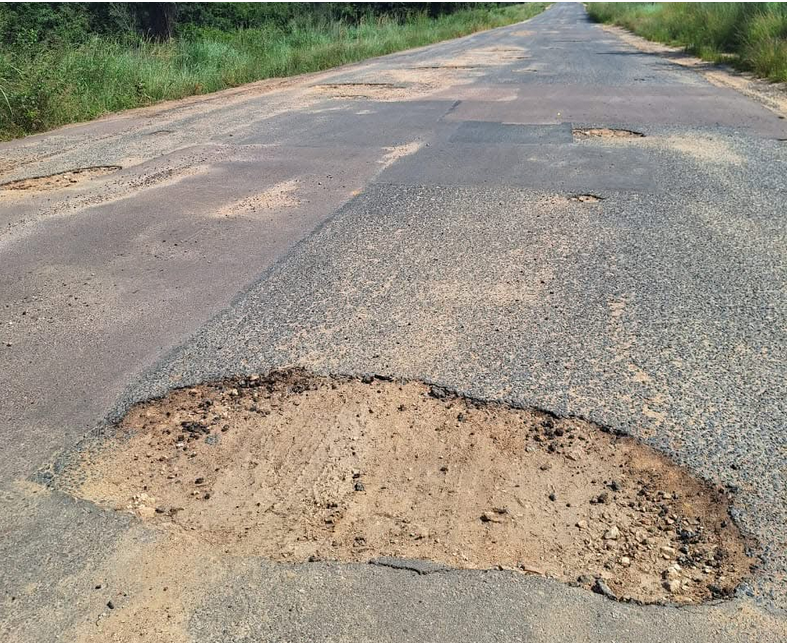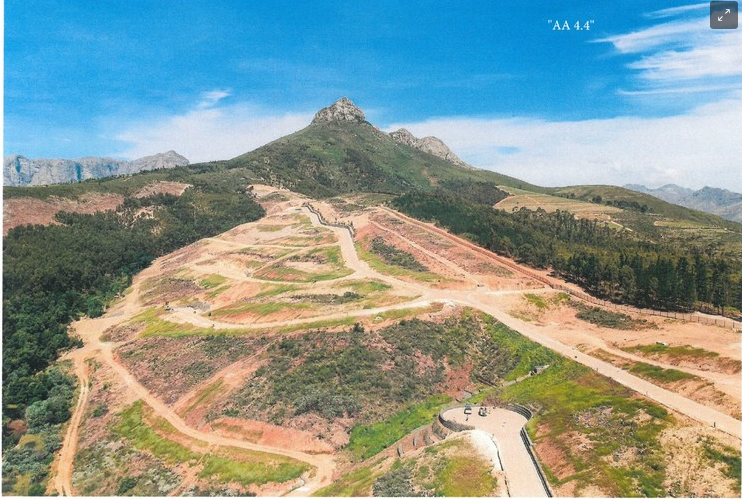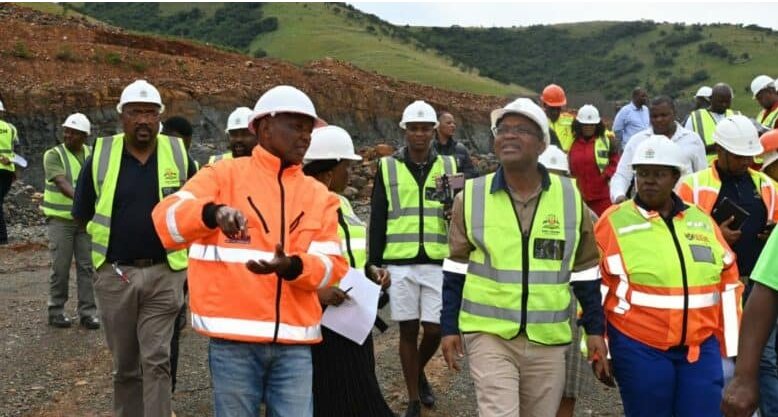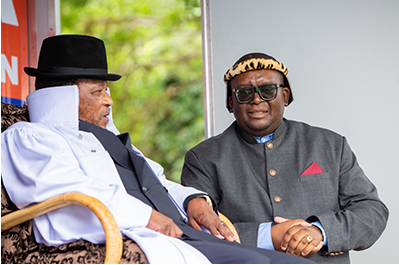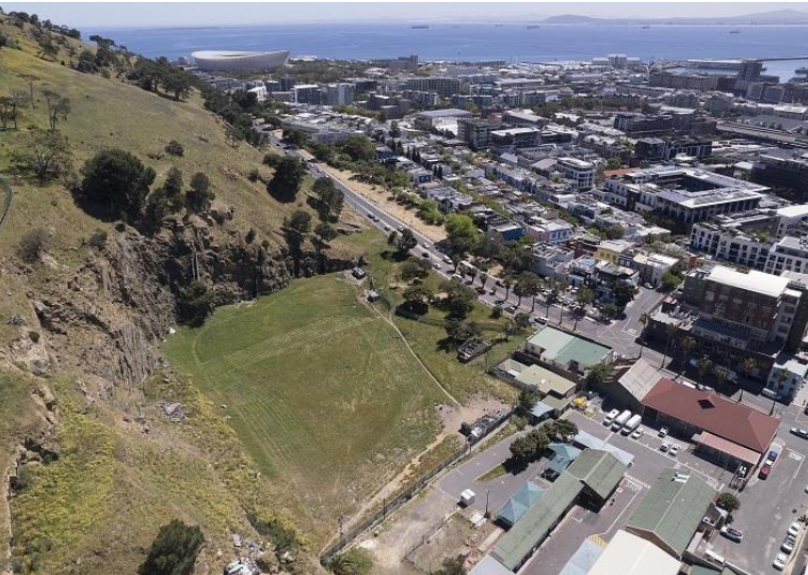Schneider Electric in R731m lawsuit over scuppered factory

30-05-2018
Read : 1555 times
Moneyweb
Source
Global energy firm accused of breaching an agreement to build a battery manufacturing factory in the Eastern Cape.
Schneider Electric South Africa is facing a nearly R1 billion lawsuit instituted by a local businessman after the global energy firm allegedly walked away from an agreement to build a battery manufacturing factory in the Eastern Cape.
Sheldon Chellakooty has applied to the High Court in Gauteng for an order forcing Schneider to shell out R731.7 million in damages for breach of an agreement relating to the establishment of a battery manufacturing factory in the industrial town of Dimbaza.
However, Schneider strongly rejects the claim.
According to Chellakooty’s court papers, he entered into discussions with US-based battery manufacturer Firefly International Energy in December 2012 to manufacture, under license in South Africa, environmentally-friendly batteries.
The batteries would be manufactured locally and exported to global markets, creating an estimated 150 job opportunities and franchise businesses.
After concluding an agreement with Firefly, Chellakooty began talks with Schneider in June 2013 for the firm to provide the technical expertise necessary to establish the battery factory. By October 2013, Schneider’s former vertical segment manager Ravi Saman allegedly concluded an oral agreement with Chellakooty that the firm would facilitate a feasibility study for the factory.
The feasibility study would test whether the batteries manufactured could be profitable and produced at acceptable quality standards.
Under the oral agreement, Schneider would facilitate the manufacture of batteries in accordance with the license requirements of Firefly, which would, in turn, assist in the training of employees required to operate the factory. Schneider would also provide its own employees “in order to assist with the production of the batteries at the factory” and be entitled to pay a discounted price for the purchase of batteries.
Feasibility study funding
Schneider estimated that the cost for the feasibility study would be R4.9 million, which had to be paid by Chellakooty. This was reflected in a letter in Moneyweb’s possession, dated October 10 2013, on Schneider’s letterhead and signed by Saman.
In the letter, Saman said Schneider would lead the feasibility study and that 80% of the study’s funding would be contributed by development financier the Eastern Cape Development Corporation (ECDC). Saman implored the ECDC to “look favourably upon this opportunity [to build a factory] and its broad-based benefits to the local and national economy”.
Before approaching Schneider, Chellakooty began talks with the ECDC in April 2013 to help finance the feasibility study and to establish the factory. In return for its funding, the ECDC would have a shareholding in South African Stored Energy, a company to be established by Chellakooty that would own the factory after it was established.
Moneyweb reached out to the ECDC about whether it had made a commitment to help establish the factory, but it hadn’t responded at the time of publishing. However, emails from a former ECDC representative seen by Moneyweb suggests that it had approved funding to the tune of R2.9 million for the feasibility study, and the balance would be raised by Chellakooty.
In February 2014, ECDC representatives Bowell Solwandle and Mandla Mpikashe, and Schneider’s Saman allegedly concluded an oral agreement to enter into a funding agreement for the factory with Chellakooty.
According to court papers, the vice president for Schneider Electric’s southern African IT business unit, Bruce Grobler informed Chellakooty in July 2014 that the firm would not sign any project funding agreement. Chellakooty said Grobler refused to sign the agreement despite knowing that the factory would exceed commercial viability – generating sales of R90 million in year five and R400 million in year ten.
Chellakooty said Schneider’s refusal to sign the agreement constitutes “breach of agreement”, thus he seeks R731.7 million for suffering damages.
Schneider responds
In court papers, Schneider said Saman informed the ECDC’s Solwandle on March 2014 that “at no stage” did it intend to be a party to the funding agreement for the feasibility study. In fact, Schneider requested Solwandle to remove it as contracting party to the agreement and thus it “was under no obligation to” sign the agreement. This was allegedly communicated to Chellakooty.
Schneider has cited the principle of prescription regarding Chellakooty’s claim for damages – meaning the three-year window for launching his lawsuit has lapsed. Schneider said Chellakooty didn’t institute the legal action until July 2017, thus his request for damages has prescribed.
The energy firm has also denied allegations that it entered into negotiations with Chellakooty to provide technical expertise for establishing the factory or that Saman had the authority to enter into agreements on behalf of Schneider.
In a separate statement to Moneyweb, Schneider’s attorneys Dentons South Africa labeled Chellakooty’s allegations as “false and baseless”.
“We are of the view that Mr Chellakooty seeks to achieve by other extrajudicial means what he must now know he will not be able to achieve in a court of law,” said Zithu Twala, a partner at Dentons.
“We say this because this is not the first time that misleading leaks/misinformation was provided to a media house about this matter in most instances by some faceless and nameless sources and each time we would respond and set the record straight, as we hereby do in this instance as well, then that would be the end of the matter.”
The matter is expected to be heard next year.
Recent News
Here are recent news articles from the Building and Construction Industry.
Have you signed up for your free copy yet?

